2000
Over 580,000 sq km of forest are lost in the Amazon Rainforest from 1991 to 2000 as deforestation accelerates.
Over 580,000 sq km of forest are lost in the Amazon Rainforest from 1991 to 2000 as deforestation accelerates.
The European Union bans leaded petrol.
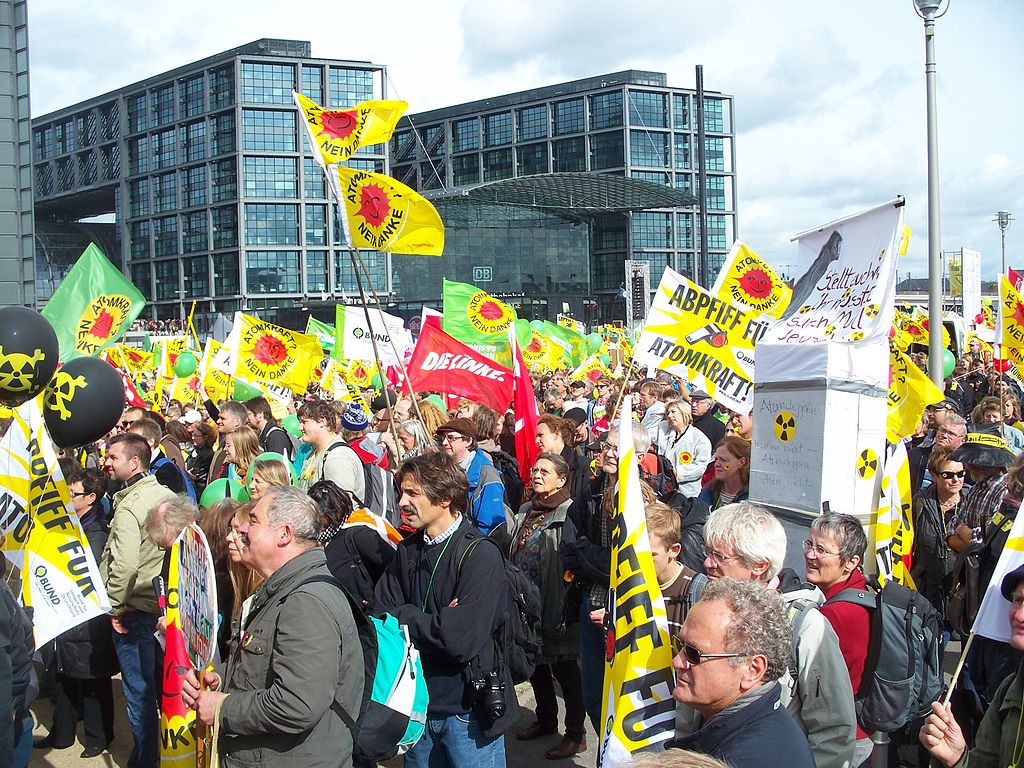
Germany passes the Nuclear Exit Law and Renewable Energy Act, seeking to rid the use of nuclear power by 2020.
According to data from BP, world coal production increased by 67% between the years 2000 and 2012.
Production of opium continues to expand in Afghanistan despite the US-led Afghan War.
Silver ranges between $4 and $20 an ounce.
Gold is discovered in Mongolia.

The Twin Towers in New York are destroyed by terrorists.
America invades Afghanistan with support from Britain and other nations to suppress al-Qaeda terrorist bases.
A NASA satellite survey shows that many glaciers are shrinking in size.
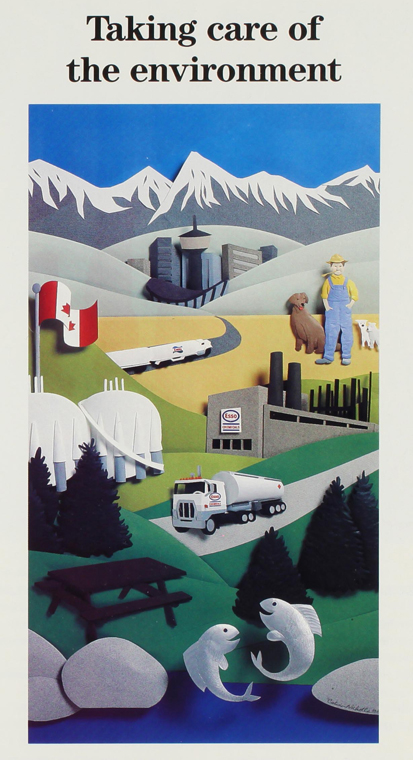
The 'Stop Esso Campaign' is launched in the UK by coalition members Greenpeace, People and Planet and Friends of the Earth.

Tobacco advertising is banned in the UK (rolled out over 3 years).
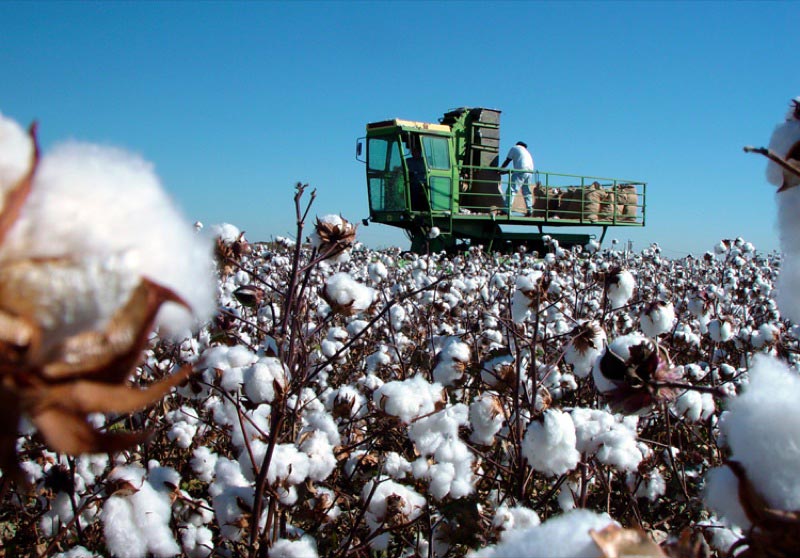
American cotton farms produce 8,260,320,000 lbs of cotton.

Rock musician Dee Dee Ramone dies of a heroin overdose.

Gold falls below $400 an ounce.
France continues to be the world's greatest wine grower and consumer, followed by Italy, Spain, the United States, Australia and Argentina.
Euro currency begins to circulate.
World Summit on Sustainable Development is held in South Africa.
Moscow Theatre Hostage Crisis.
The Florida Clean Air Act bans smoking outdoors
New York City bans smoking outdoors.
The China Cotton Association is founded.
America invades Iraq with support from Britain and other nations to overthrow Saddam Hussein.
C. Y. Lee's Tapei 101 tower becomes the world's tallest building at 509m.
Religious symbols are banned from schools in France.
Scientists agree that massive climate change is taking place in the Arctic.
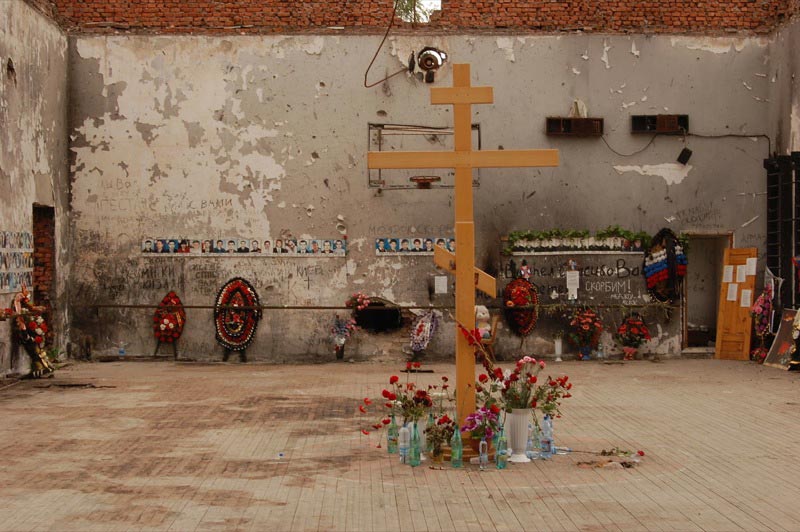
Beslan School Hostage Crisis.
Formula 1 racing loses tobacco sponsorship.
A major drought affects the Amazon basin, repeated again in 2010.
Pernod Ricard takes over British drinks maker Allied-Domecq.
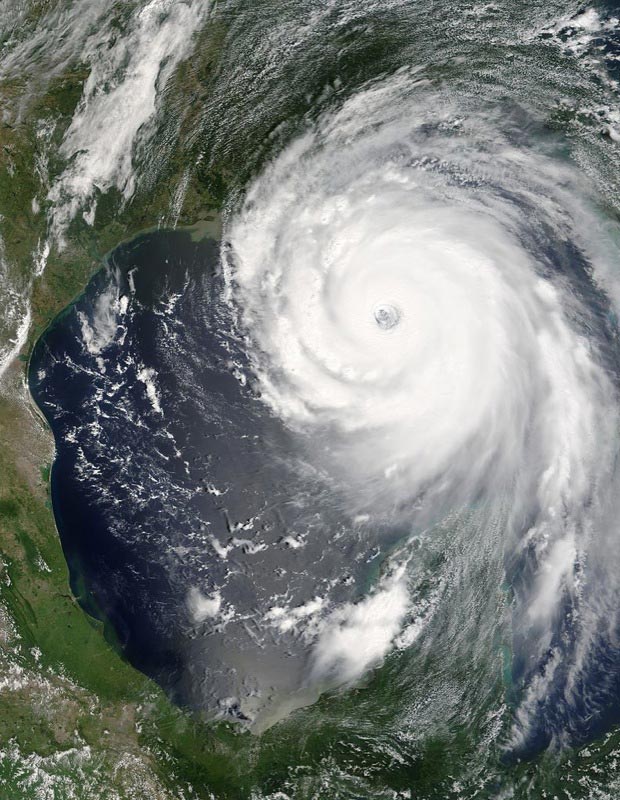
Hurricane Katrina hits New Orleans, breeching the levees and resulting in over a thousand deaths.
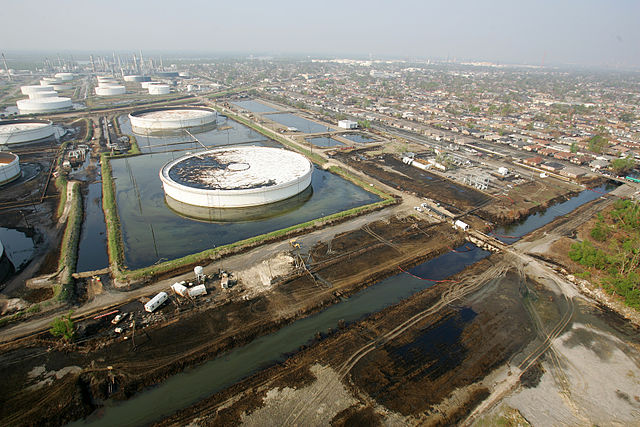
Hurricanes Katrina and Rita cause massive damage to the oil and natural gas industry. Interruptions to supply had major effects on petroleum and gas prices.
Ontario and Quebec ban smoking outdoors.
Australia bans tobacco advertising.
The US Mint starts to produce the American Buffalo bullion coin.
Smirnoff vodka, now owned by Diageo, is the best selling spirit in the world.
Former Vice-President Al Gore releases a documentary about global warming.
Research shows that glaciers are melting twice as fast as predicted.
China builds its first liquefied natural gas import terminal and soon becomes a net importer of LNG.
Smoking is banned in UK pubs, restaurants and in many public places.
Cotton Incorporated introduces the 'Natural' trademark, to stress sustainability.
Death of Golden Triangle opium lord Khun Sa.
The United Breweries Group buys Whyte & Mackay for its United Spirits division, adding the brands of Whyte & Mackay Whisky and Vladivar Vodka. It is the third largest manufacturer of spirits after Daigeo and Pernod Ricard.
The European Union agrees to cut CO2 emissions by 20% by 2020.
The IPCC reports that carbon emissions produced by human activity are a significant cause of climate change and will have a catastrophic effect by 2100.

Lady Bird Johnson dies. Her views were crucial to many US laws passed to benefit the environment.
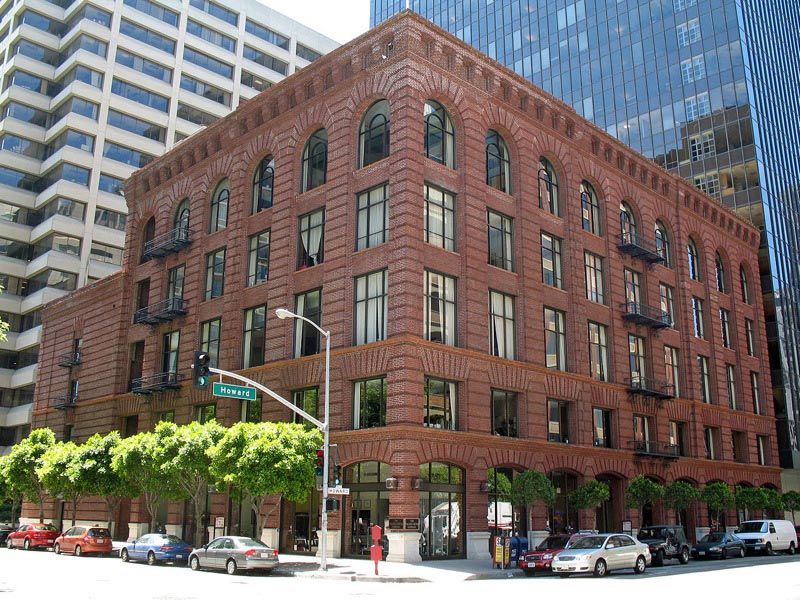
The J. M. Smucker Company purchases Folgers Coffee.
The beginning of the Global Financial Crisis.
After the beginning of the longest U.S. recession since the great depression, and as tensions between Iran and the West increase, oil reaches an average price of £103.71 per barrel (adjusted for inflation to 2011 dollars).
The National Energy Commission is established and is made responsible for China's energy strategy.
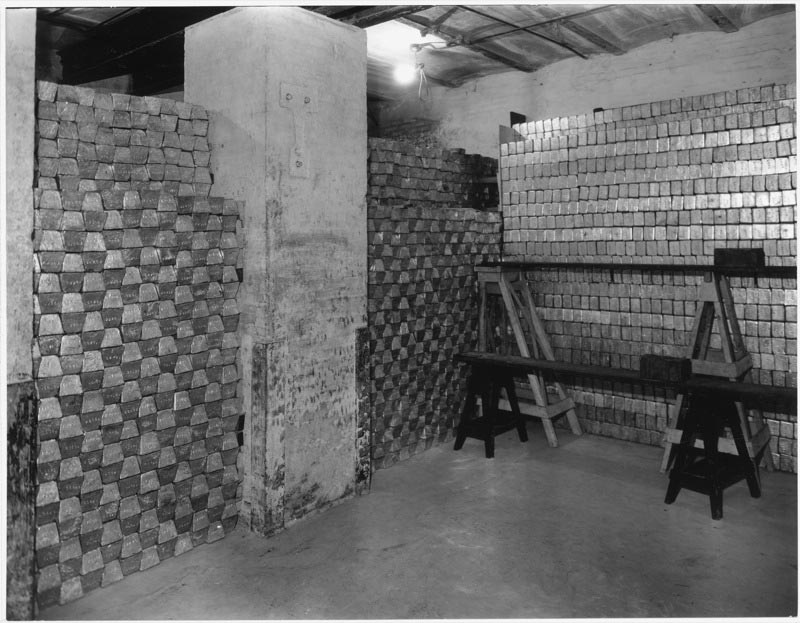
The weight of all the gold ever mined is estimated at 165,000 tonnes.
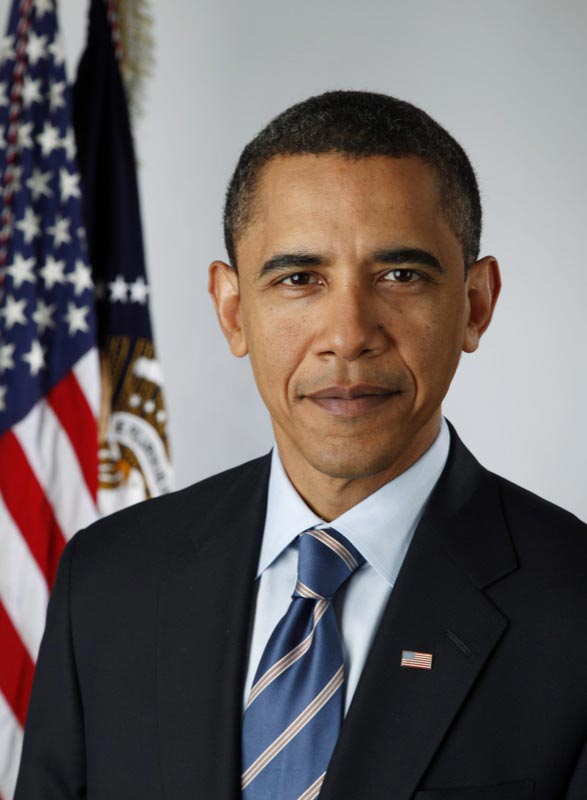
Barack Obama becomes the 44th President of the US. Born in Hawaii, he is the first African-American to hold the office.
The UN Climate Change Conference is held in Copenhagen. Considered a failure, the Copenhagen Accord recognised the challenge climate change posed but did not constitute a legally binding treaty.
China unveils its target for reducing 'carbon intensity' by 40-45% by 2020, compared with 2005 levels.
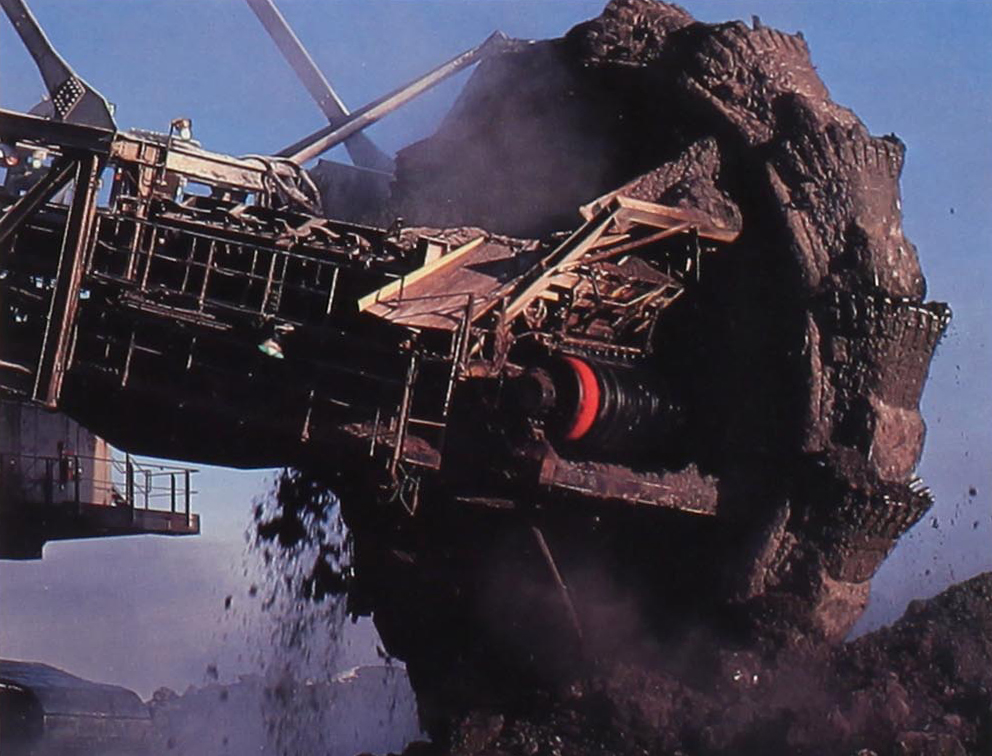
Imperial Oil announces its decision to fund the first phase of the Kearl oil sands project in Alberta, Canada.
Adrian Smith's Burj Khalifa becomes the world's tallest building at 830m.
Cadbury's is purchased by Kraft Foods.
The UK Government releases a major new report, 'Alcohol' on the impact of alchol on society.
Britain declares a new 'Special Relationship' with India.
UK Cameron delegation to China refuses to remove the Rememberance Day poppies that offend their hosts as symbols of imperialism.

World cereal production (in millions of metric tons) reaches 844 for maize; 672 for rice; and 651 for wheat.
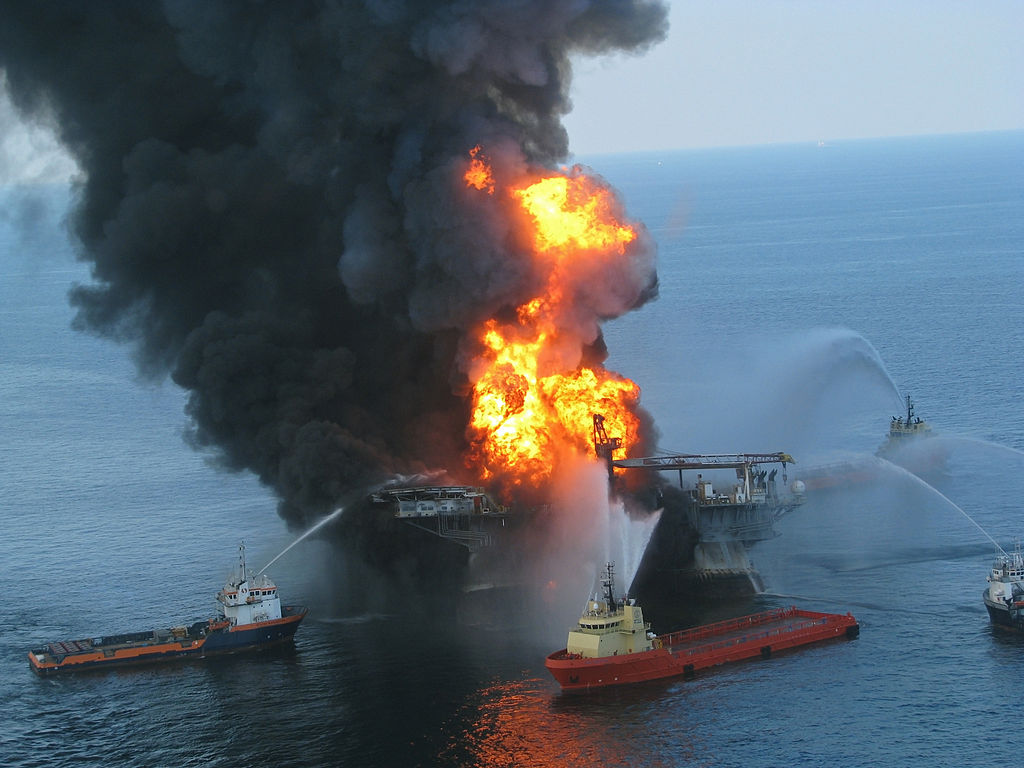
Deepwater Horizon oil spill: also known as the BP oil spill, the BP oil disaster and the Gulf of Mexico oil spill. On the 20th April, an explosion at the oil platform released around 5 million barrels of crude into the ocean over the period of nearly 3 months.
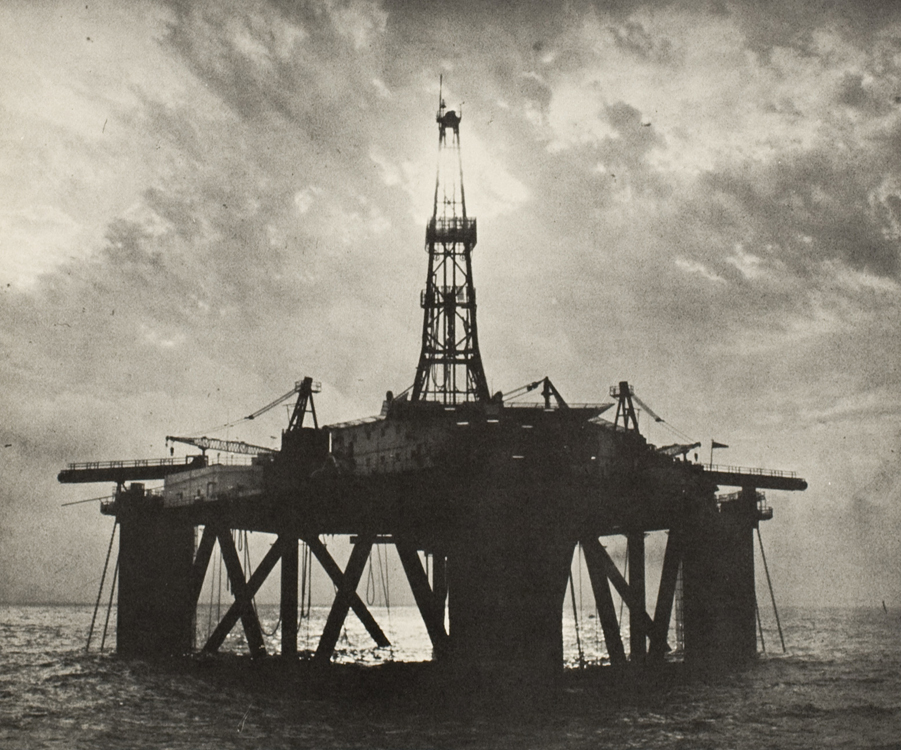
Following the Deepwater Horizon oil spill, the White House ordered a six-month moratorium on deepwater drilling.
Silver returns to $49 an ounce in the midst of worldwide economic turmoil.
Gold hits a high of $1,915.50 an ounce.
Beam Inc. is spun off from Fortune Brands to concentrate on the sale of spirits.
Coca-Cola is declared the world's most valuable brand.
Fukushima nuclear power plant explodes and melts down.
The New START Treaty (Strategic Arms Reduction Treaty) came into force.
According to The World Nuclear Industry Status Report, seven nuclear reactors started up, while 19 were shut down worldwide.
As the civil war in Libya continues, fears over the supply of oil increase prices to an all time high, reaching a year-average of $113.56 per barrel.
Coffee is the world's most popular beverage and one of the highest traded commodities.
Nutmegs in London sell for less than £30 a pound in the shops.
India vies with China to be the largest cotton producer.
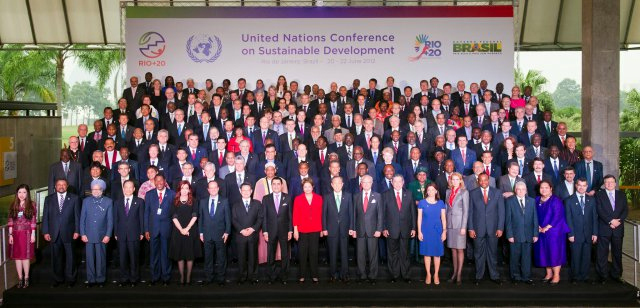
The United Nations Conference on Sustainable Development, or 'Earth Summit 2012', takes place in Rio de Janeiro.
China the U.S. and Germany are the top 3 leading producers and consumers of wind energy, generating nearly 60% of total world production.
According to data from BP, Iran holds the world's largest proven reserves of natural gas, followed closely by Russia. 1,187 trillion cubic feet are said to lie beneath Iranian soil.
According to data from BP, the U.S. used 721.1 billion cubic feet of natural gas for the year, or 22% of the total world consumption.
Germany are by far the leading producer of solar energy, generating around a third of the total world production.
According to data from BP, China's coal consumption reached 1873.3 million tonnes oil equivalent for the year, or over half of the total world consumption.
According to The World Nuclear Industry Status Report,the largest nuclear operator, French company EDF, lost 82% of their value. The largest builder of nuclear facilities, AREVA lost 88% of theirs.
A study published in the Proceedings of the National Academy of Sciences finds that China's policy of giving free coal to residents in the north for heating has led to an average 5.5 years reduced life expectancy.
The 2013 World Nuclear Industry Status Report reveals that nuclear power's share of global commercial primary energy production plunged to 4.5%. Peak global output reached 17% in 1993.